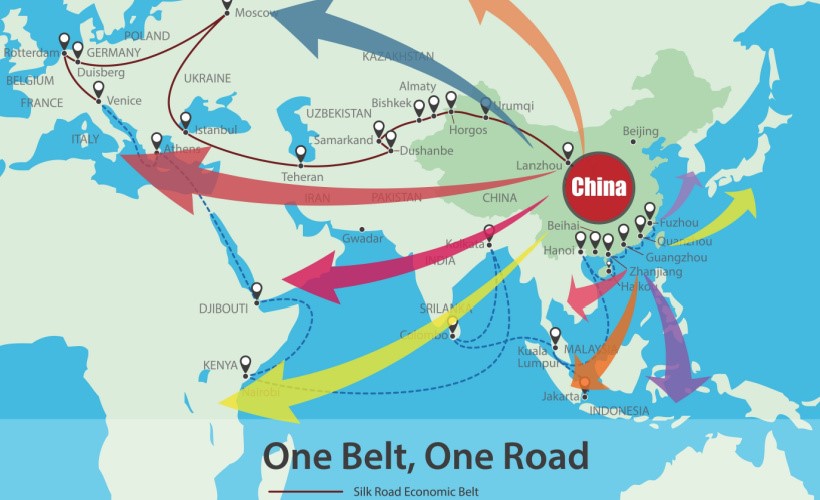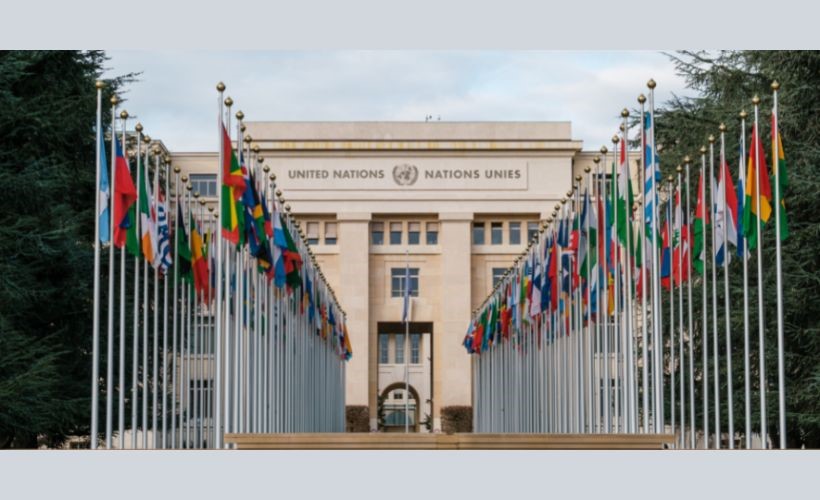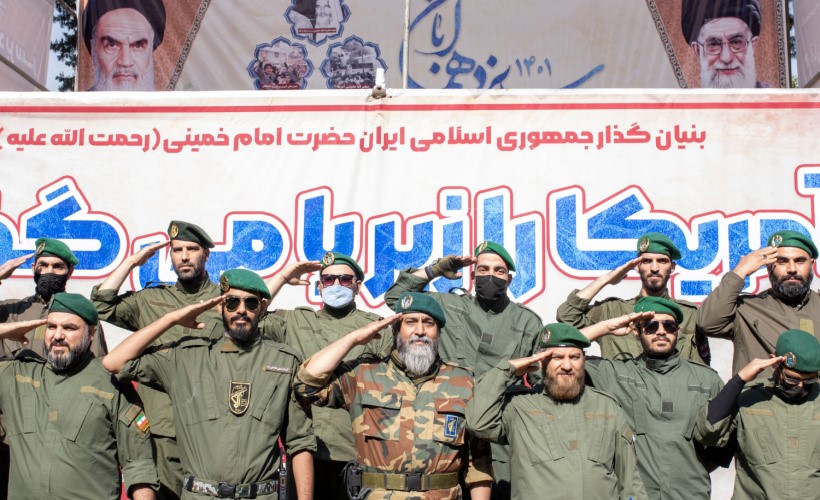Several significant developments have been ongoing in the Middle East in the last years, such as China’s increased presence and involvement in the region, a relaxation in strained relations between Israel and various Arab Gulf states, and the thawing of relations between Iran and Saudi Arabia. This panel will explore and discuss the ramifications of these regional geopolitical developments and international geopolitical changes – such as the Russo-Ukrainian war – for the prospects of peace and security in the Middle East.
Speakers
- Sir John Jenkins KCMG LVO
Sir John was educated at SOAS and Jesus College, Cambridge where he gained a BA and a doctorate (PhD) in 1980. He joined the Foreign and Commonwealth Office (FCO) in 1980 and has served mainly in the Middle East and South East Asia. His first posting was to Abu Dhabi. He has been Her Majesty’s Ambassador to Burma, Syria, Iraq, Libya, and Saudi Arabia. He was also Her Majesty’s Consul General in Jerusalem, the United Kingdom Special Representative to the Libyan National Transitional Council, and the Director for the Middle East and North Africa in the FCO.
- Professor Ali Ansari
Ali is a Professor of Iranian History and the Founding Director of the Institute for Iranian Studies at the University of St. Andrews. He is the Director of the Westphalia for the Middle East Research Strand at the Centre for Geopolitics and Senior Associate Fellow at the Royal United Services Institute.
- Dr Elisabeth Kendall
Elisabeth has been Mistress of Girton College in Cambridge since October 2022. Before coming to Cambridge she was a Research Fellow in Arabic and Islam at Oxford University. She is specialised in the politics of Egypt and Yemen and her current research focuses on militant jihadi groups’ use of ‘soft’ culture.
- Professsor Ayse Zarakol
Ayse is a Professor of International Relations (IR) at the University of Cambridge. Her research is at the intersection of historical sociology and IR, focusing on East-West relations in the international system, history and future of world order(s), conceptualisations of modernity and sovereignty, rising and declining powers, and Turkish politics in a comparative perspective.
- Dr Elizabeth Monier
Elizabeth Monier is an Assistant Professor of Modern Arabic Studies at the University of Cambridge. She is specialised in the modern history and politics of the Middle East with a particular interest in Egypt, Oman, the UAE, Iraq and Kuwait.
Moderator Dr Anahita Arian, Research Associate at the Centre for Geopolitics, University of Cambridge







